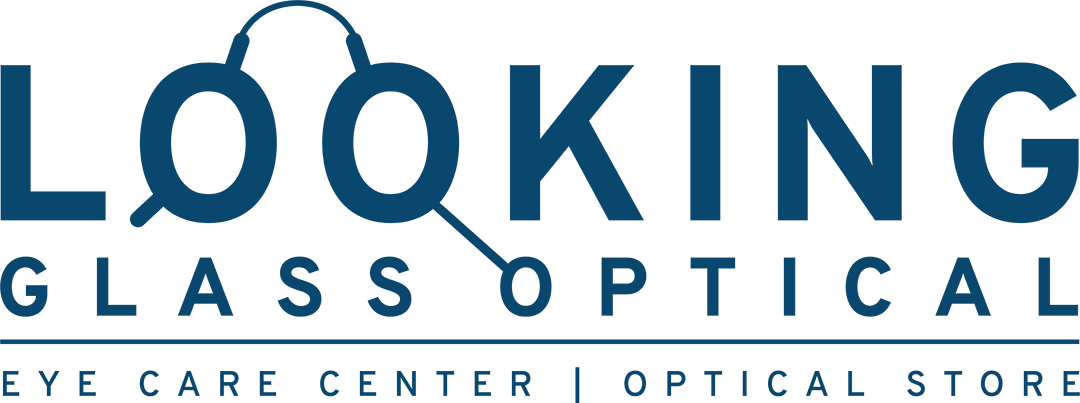How Sleep or Lack of Sleep Can Affect Your Vision
Did you know that lack of sleep can affect your vision? After a long night with too little sleep, you’ve probably experienced eye twitching, spasms, and puffy eyes. You’re not alone. Nearly one-third of all nights of sleep in America are “terrible.” On average, people need 7 hours of nightly sleep for optimal health but get only 5.5 hours.
That’s over 100 million Americans suffering from lack of sleep. Yet lack of sleep can cause more than twitchy eyes. You need good sleep to keep your eyes in top-notch working condition. Let’s explore how sleep and vision are related – and how you can use sleep to keep your eyes healthy.
How Are Sleep and Eye Health Related?
The body is an interconnected network of systems. If you suffer from a lack of sleep, you may experience one or more of the following:
- Eye Spasms: While not dangerous, these are aggravating and disruptive to work. Have you ever tried to concentrate while your eye is twitching? It’s nearly impossible!
- Light Sensitivity: This affects your ability to read, work, and even drive.
- Blurred Vision: It is frustrating in everyday activities – and dangerous when driving.
- Difficulty Focusing: Not being able to visually focus is a common symptom of lack of sleep. It is frustrating and can lead to eye strain.
- Dry Eye Disease: Dry eyes can result from a lack of sleep and an inability to make enough tears to lubricate your eyes. It’s uncomfortable but preventable.
- Eye Infections: These infections may cause pain, discomfort, itchiness, sensitivity, burning, or excessive tearing. Pink eye is a common eye infection.
How to Get Better Rest
Fortunately, you can avoid these symptoms through better rest. Here are ways to make sleeping easier.
Sleeping Environment – Keep It Low
When you go to bed, turn down the lights to help your eyes and body relax. Make sure all sources of noise are muted. If you cannot control that, get earplugs. Studies have also found that people sleep better in cooler rooms, so turn your thermostat down as well.
Put the Phone Away
One hour before sleeping, put your phone away. Looking at a screen right before bed can prevent a good night’s rest – so give your eyes a break from the screen. You can always read an easy, relaxing book instead.

More than ever smartphones are affecting our sleep patterns. Make a goal to try to limit screen time before you go to bed.
Get on a Schedule
A regular routine is essential for a healthy sleep schedule. Not sure how to make a schedule? Start here:
- Go to bed at the same time every night
- Eat early dinners
- Exercise regularly but not too late in the day
Try those tips. Over time, you’ll notice a change in your quality of sleep.
Get Professional Advice
While sleep tips are helpful, sometimes they’re not enough. If you have sleep apnea or a sleep disorder, you may need something more, such as melatonin or another treatment. A doctor can help you find a solution.
Sleep Well and Get an Eye Health Checkup Today
Getting good sleep is crucial to eye health. By following this advice, you can prevent most of these vision problems. However, if you are still experiencing vision problems, you may need medical input. Regular checkups help you monitor your eye health. If you’re having vision problems from lack of sleep, ask us a question or book an appointment with us. At Looking Glass Optical, we’ll take care of you and your eyes.
